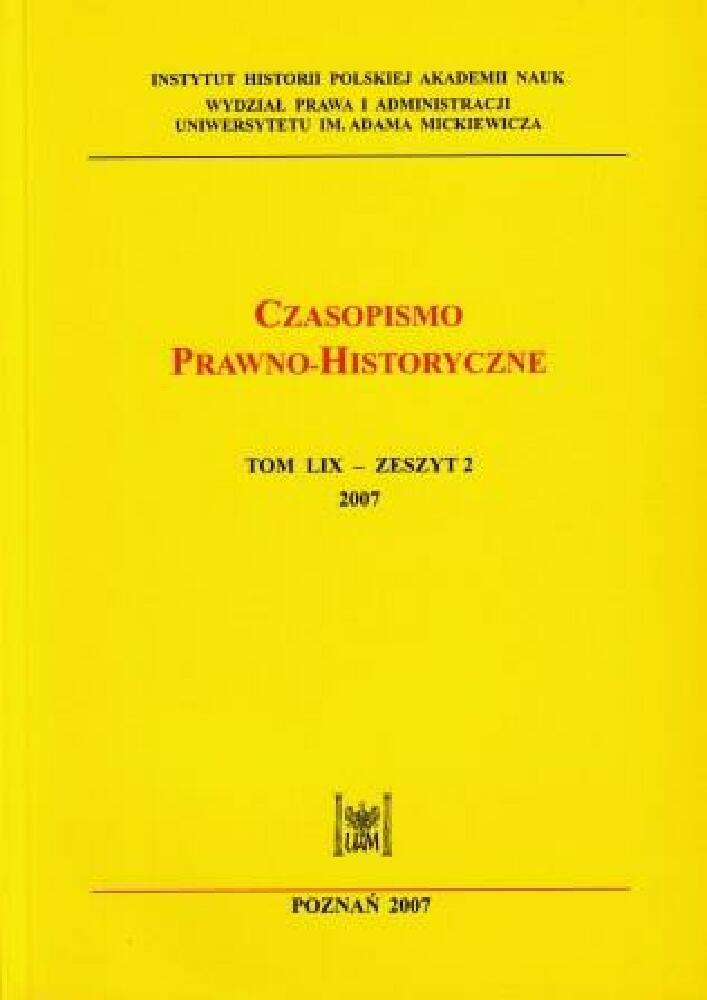Abstract
In response to the decision of western superpowers that a special convention to work out an act setting out foundations of the future Germany’s political system should be called by 1 September at the latest, prime ministers of respective states from the western occupation zones appointed a committee of experts to focus on constitutional matters. The committee, known as the Constitutional Convent, worked in an old castle on an island on the Chiemsee in Bayern between 10 and 23 August 1948. Its main task was to prepare a draft constitution for submission to the Parliamentary Council in Bonn. Although not formally binding upon the work of its members, the draft had nevertheless been of strong persuasive force shaping the final version of the Constitution of the Federal Republic of Germany adopted in 1949.
One of the most controversial issues discussed by the Convention was the status of the head of state, or more precisely, whether there was a place in the future Germany for a presidential office. While the majority spoke in favour of establishing the office of the President of the Republic of Germany, there was also a strong opposition, which, albeit in the minority, postulated a 3-member collegiate body, composed of the Federal Chancellor and Speakers of both chambers of the Parliament.
After a long and heated debate, three different proposals were put forward for discussion by the Parliamentary Council, of which the one postulating the office of President as the head of state had the largest number of supporters.
Funding
Digitalisation and OA co-funded by the Minister of Education and Science (Poland) under contract no. BIBL/SP/0002/2023/1
License
Copyright © by Faculty of Law and Administration, Adam Mickiewicz University, Poznań, 2007OPEN ACCESS




